|
A symphonic tableau of aural and visual mastery that utilizes the loose narrative framework of a serial killer detective story to deliver a potent, intentionally abstract story of urban alienation, existential longing, and the fracturing of a psyche under the weight of such a barren metaphysical milieu. A stifling experience of suffocating stillness and unnerving, rigorously designed formal arrangements, Angel Dust is an impeccably directed film that manages to interrogate psychological coercion and the vast possibilities of outright subjugation when dealing with something as enigmatic and fragile as the human psyche. The labyrinthic nature of the mind, its power to manufacture reality but also its intrinsic fragility and potential for manipulation is a core component of Angel Dust, a film that wishes to emulate the enigmatic nature of our inner self through its storytelling. The confluence of the material and metaphysical planes of existence rest at the fulcrum of this story, and ultimately the filmmakers intentions lead to a sinister denouement, but one that manages to be incisive about objectivity vs. subjectivity. Our emotions while imperative to being human, are intrinsically manipulative. Whether we wish to admit it or not, reality itself is in the eye of the beholder.
0 Comments
An intriguing confluence of American and Hong Kong action sensibilities where Ringo Lam's remarkable penchant for abject brutality and precise action set-piece staging provides a lot to appreciate. Undeclared War is a film riddled with collective anxiety in which the hero's journey of a CIA operative and an HK Chief police Inspector mirrors the anxiety felt by their respective communities. Similar to many films of this era to come out of Hong Kong, anxiety and uncertainty related to the Handover is a major thematic component but how Undeclared War marries this with the American collective anxieties related to the Cold War and "communism" really makes this a fascinating exercise, though it is far from being among Lam's best films I've seen. This film isn't outright nihilistic, it's more imbued with uncertainty, where the future whether positive or negative is yet to be seen, yet the anxiety of such uncertainty offers its own form of cutting ennui. Visually, Lam exhibits Hong Kong through a bottom-up lens. Much of the film's aesthetic is piss-stained, grimy, and from the surface streets of Hong Kong which effectively elicits this underlying theme of apprehension. The neon lights pronounce and project with force, they illuminate the squalor below but they do not directly impact it. Two worlds in contrast with the future path uncertain ahead.
Oh, so Sammo Hung announced his penchant for brutality and unwavering physicality toward violence right of the gate, huh? Surprised this one isn't more often invoked in best first film discourse. The finale of The Iron-Fisted Monk is exhilarating, with Hung's fight choreography and staging being a visceral ballet of speed, grace, and power. At one point, the camera holds in a wide angle - in the foreground, James Tien Cheung tangles with a few baddies, while in the background, Hung dispatches enemies with his spear. It's not a particularly long cut, but it is a masterful exhibition of the artistry of choreography on display. The aesthetics of oppression are shown as pure barbarism, and the hero's journey while ultimately claiming a form of cosmic justice offers little reprieve when the mortal wounds are so deep.
This should have just ended with Brad Pitt giving a pep talk to his dick Dirk Diggler style. Props to Chazelle for getting a major studio to finance this, I guess. The illusion of Hollywood when in actuality it's just an exploitative fueled meat-grinder. There is something interesting here about how technological innovation under our current economic system disregards humanistic modes of expression, everything being built around the latest and greatest perceived commodity to be sold, but clearly I'm reaching and that's not what this film is about. I can't say I found this nearly as fun as advertised, it has nice lurid moments, and a lot of manic energy, but I found it completely uninspiring outside of its surface-level theatrics. Nothing feels particularly well-dimensioned here, amounting to just a bunch of thematic and emotional parlor tricks rooted more in shock value than any form of intellectual investigation. Tobey Maguire being prescient by 70 years - pitching a version of 2009's Orphan in the '30s, now that, I liked.
Quietly shattering, an evocative portrait of oppression and generational trauma that is expansive yet never unfocused in its thematic scope. Love how the film is constructed - the matter-of-fact objectivity of a courtroom drama slowly deteriorates as the film progresses, Implicit and explicit forms of prejudice across race and gender percolate to the surface of the text in a way that never feels pedantic only truthfully rendered. Objective fact yields to the subjectivity of experience in the back half of this film, the sterile formal style giving way to more expressivity, encapsulating the underlying and largely unspoken fears of our main protagonist. A deeply humanistic work that is both intellectually prudent but emotionally poignant, a rich tapestry and melancholy that fundamentally disputes any strict binaries between our individual nature and the nurturing provided by our environment and our experiences - The ending monologue of this film is absolutely gutting, and this just feels like a film that will last in my psyche long after the credits roll.
|
AuthorLove of all things cinema brought me here. Archives
June 2023
|
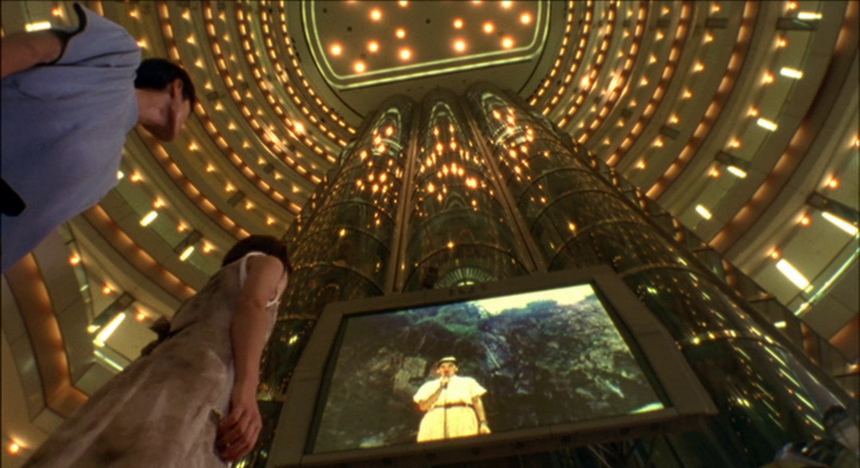
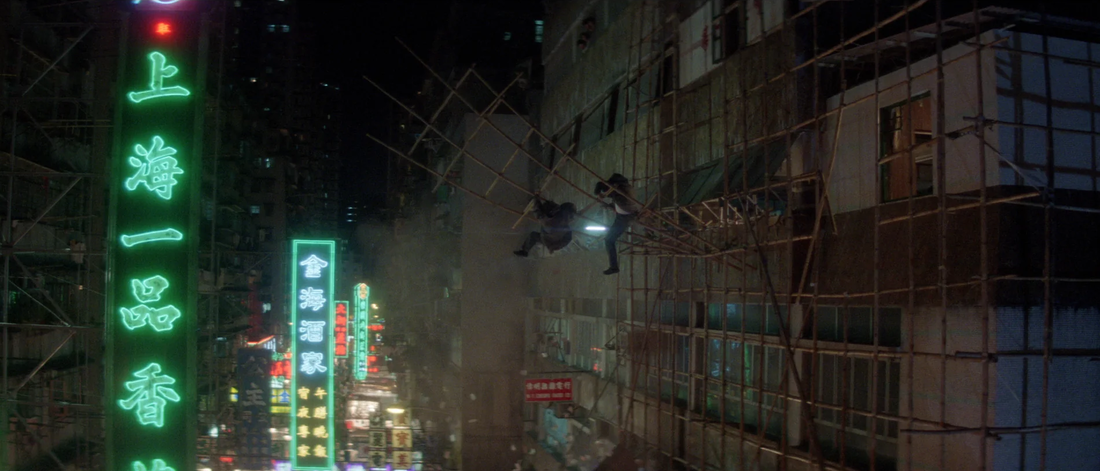
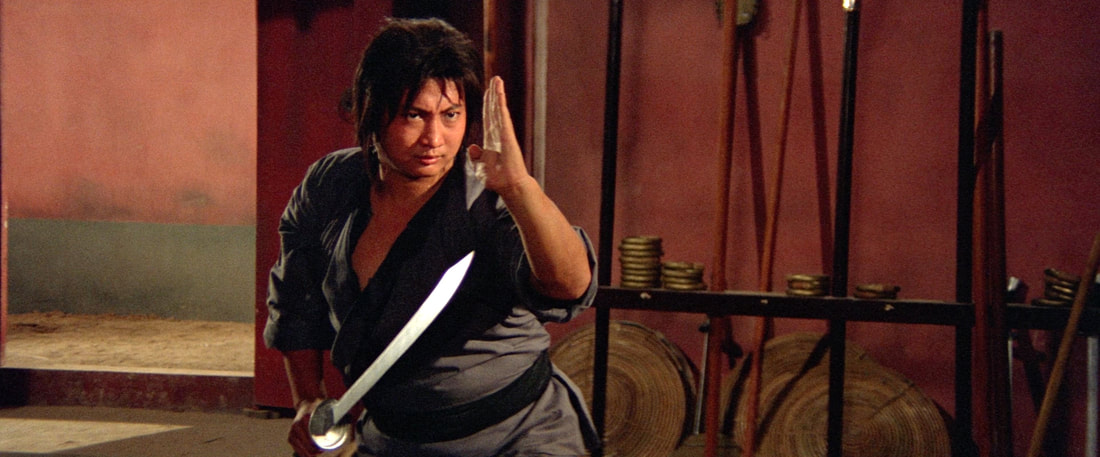
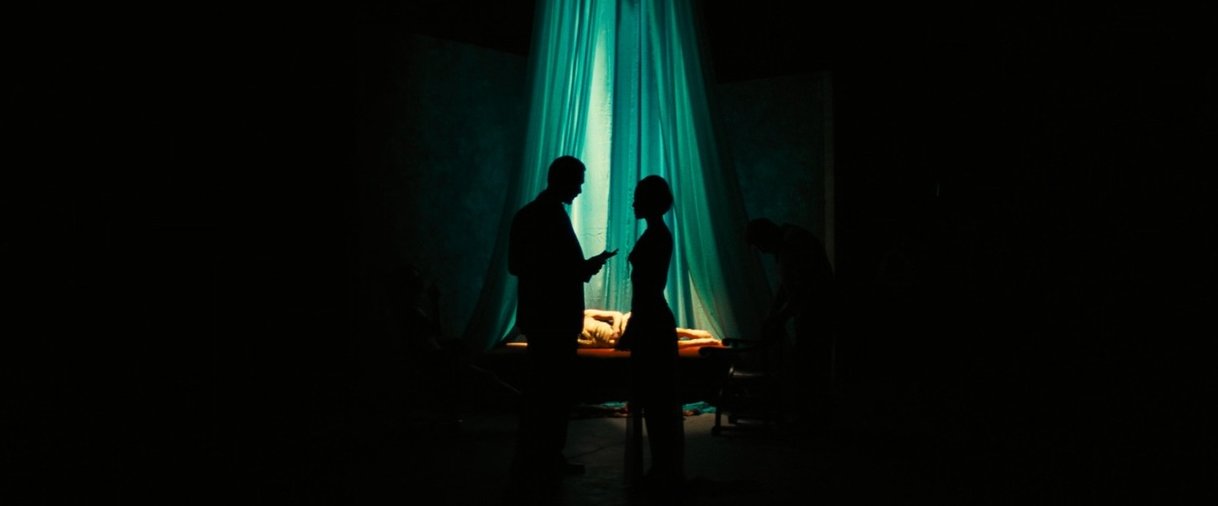
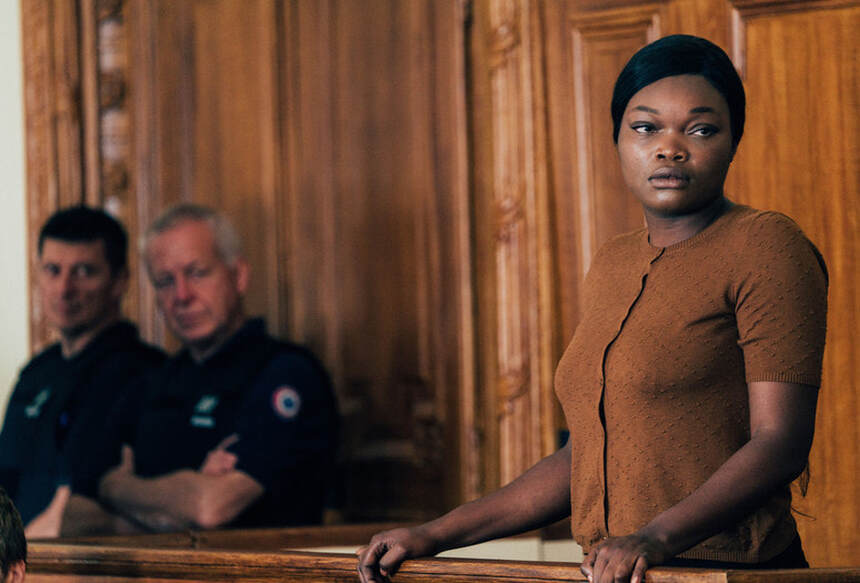
 RSS Feed
RSS Feed
